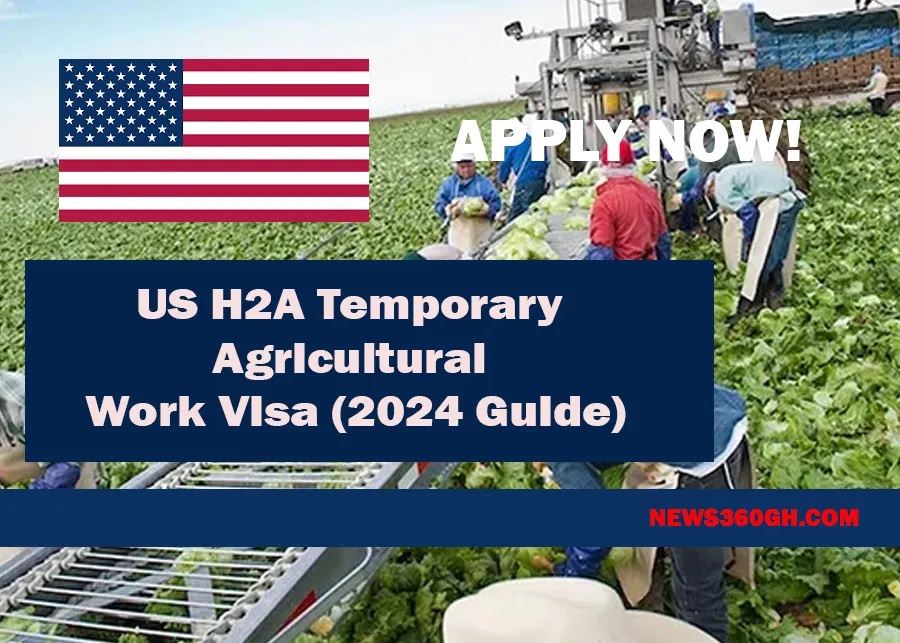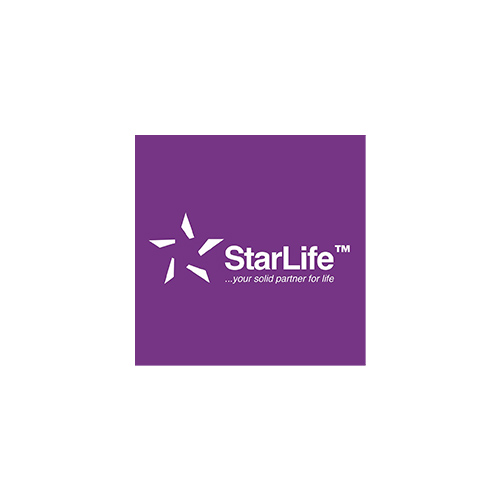
The US H2A program allows U.S. Employers in agriculture, American Farmers, owners of farms, farming companies, or corporations to hire foreign workers in agriculture-related Jobs. This guide will explain the application process for the US H2A Temporary Agricultural Work Visa. Are you a farmer who needs seasonal or temporary workers for planting, cultivating, and harvesting crops? Are you a worker/employee who is looking for an Agriculture Visa? Then US H2A Visa is the best option. This is an employer-sponsored Visa, you cannot apply directly for it. Your employer will file a petition on your behalf.
Why is the H2A Visa the best? Because there is no cap for the H-2A visas. This means that anyone who applies for the visa and gets approved can come to the US to work. According to the U.S. Department of Agriculture, in 2021, 258,000 H-2A visas were issued, whereas, in 2022, this number increased to 298,000. The number of approved H2A visas has been rising. There is no high qualification required for this Visa. More details about the H2A Visa application process, the benefits, and the requirements are given below.
Requirements for the Workers to Qualify for the H2A Visa
Job Offer from a U.S. Employer
You must have received a job offer from a U.S. employer.
Temporary or Seasonal Agricultural Work
The job must be temporary or seasonal agricultural work.
National of an Eligible Country
You must be a national of an eligible country.
Requirements for the Employers to Hire a Foreign Worker
Offer a Job in Temporary or Seasonal Agricultural Work
As an employer, you must offer a job in temporary or seasonal agricultural work.
Prove Unavailability of US Workers
Prove that US workers are not willing, qualified, able, or available to work in those positions, that’s why you are hiring a foreign worker.
Documentation
You must have all the documents to file a petition.
Type of Work
Work can happen on farms, plantations, ranches, nurseries, ranges, greenhouses, orchards, or other similar locations but not limited to, planting, cultivating, or harvesting labor.
What is the Petition?
The petition is the process when the employer/company asks USCIS to approve the foreign worker for the H-2A visa.
The petition refers to the official request submitted by the U.S. employer to USCIS (U.S. Citizenship and Immigration Services) on behalf of the foreign worker.
Form I-129
As an employer, you must file Form I-129, Petition for a Nonimmigrant Worker. Once the petition is approved, the applicant (employee/worker) can apply for the Visa at the U.S. Embassy.
No Cap Visa – You are Free to Go
Unlike US H1B visas, there is no annual numerical cap on H-2A visas. This means there’s no pre-defined limit on the total number of H-2A visas issued each year.
Cost Covered by the U.S. Employer
Employers are responsible for the cost when hiring and employing foreign workers under the H-2A Visa Program.
Labor Certification Fee
Employers must cover the labor certification fee.
Non-Immigrant Worker Petition
Employers must cover the cost of filing the petition.
H-2A Visa Application
Employers must cover the visa application fee.
Transportation
Employers must cover transportation costs from the home country to the worksite and any miscellaneous costs.
Transportation Reimbursement
Upon completion of 50% of the contract, a US employer is required to reimburse an employee for transportation expenses if they were incurred.
Housing and Transportation
If the employer provides housing, they are also responsible for providing transportation from the housing to the place of work.
How to Apply for the US H2A Temporary Agricultural Work Visa?
Find a Job
As an employee, you must first find a job.
-
US Department of Labor (DOL):
- The DOL plays a crucial role in the H2A process. Visit their website: https://www.dol.gov/agencies/whd/agriculture/h2a This website should have information on the temporary labor certification application process, which is the first step for employers.
-
U.S. Citizenship and Immigration Services (USCIS):
- USCIS is responsible for adjudicating the H2A petition filed by the employer. Visit their website: https://www.uscis.gov/ Here, you can search for “Form I-129” which is the petition for a nonimmigrant worker, used for H2A applications.
-
U.S. Department of State:
- Once the petition is approved, the worker applies for the visa at a U.S. embassy or consulate. The Department of State website: https://travel.state.gov/ can guide you to find the relevant embassy or consulate based on the worker’s location. You can then search the specific embassy/consulate website for visa application procedures and any required forms.
Additional Resources:
- The blog you referenced earlier might have a link to the Canadian Center for Cultural Diplomacy (CCCD) website. While not directly related to H2A visas, the CCCD website might offer resources for foreign workers or employers seeking information on working abroad.
By searching the websites mentioned above, you should be able to find the official application links and any required forms for both employers and workers involved in the H2A temporary agricultural work visa program.
Employer Files a Petition
Your employer will file a petition and will go through the petition process.
Visa Application
Once the petition is approved, the next step is to apply for the Visa.
DS-160 Form
Fill in the DS-160 form online.
Visa Application Fee
Pay the visa application fee.
Schedule an Interview
Schedule an interview at the nearest U.S. Embassy.
Submit Required Documents
Submit the required documents.
Visa Interview
Attend the H2A Visa interview.
Duration of the H2A Visa
It is usually seasonal based or for a maximum of 1 year.
Eligible Countries for the H2A Visa Program
- Andorra
- The Kingdom of Eswatini
- Madagascar
- San Marino
- Argentina
- Fiji
- Malta
- Serbia
- Australia
- Finland
- Mauritius
- Singapore
- Austria
- France
- Mexico
- Slovakia
- Barbados
- Germany
- Monaco
- Slovenia
- Belgium
- Greece
- Montenegro
- Solomon Islands
- Bolivia
- Grenada
- Mozambique
- South Africa
- Bosnia and Herzegovina
- Guatemala
- Nauru
- South Korea
- Brazil
- Haiti
- The Netherlands
- Spain
- Brunei
- Honduras
- New Zealand
- St. Vincent and the Grenadines
- Bulgaria
- Hungary
- Nicaragua
- Sweden
- Canada
- Iceland
- North Macedonia
- Switzerland
- Chile
- Ireland
- Norway
- Taiwan
- Colombia
- Israel
- Panama
- Thailand
- Costa Rica
- Italy
- Papua New Guinea
- Timor-Leste
- Croatia
- Jamaica
- Paraguay
- Turkey
- Czech Republic
- Japan
- Peru
- Tuvalu
- Denmark
- Kiribati
- Poland
- Ukraine
- Dominican Republic
- Latvia
- Portugal
- United Kingdom
- Ecuador
- Liechtenstein
- Republic of Cyprus
- Uruguay
- El Salvador
- Lithuania
- Romania
- Vanuatu
- Estonia
- Luxembourg
- Saint Lucia







